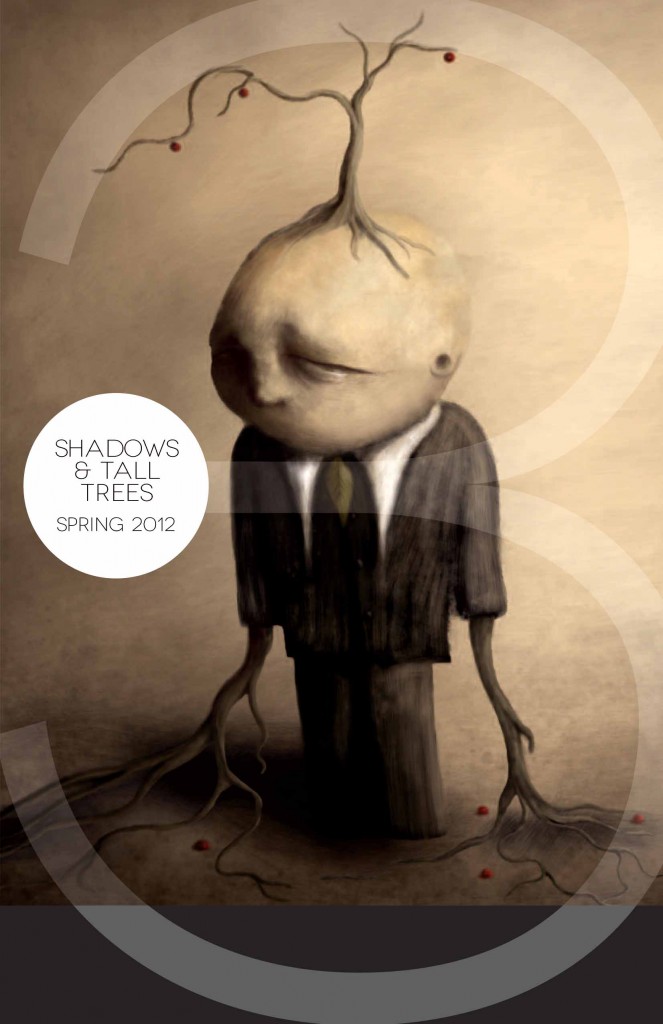I’ve just found a CD on my shelf that I’d completely forgotten I owned, a marvellous recording of the Schnittke piano quintet and Shostakovich’s String Quartet 15, performed by the Keller Quartet with Alexei Lyubimov on piano for the Schnittke.
It’s an amazing disc – that rapturous ECM sound – but I’m even more pleased about finding it than I might normally be because it ties in so perfectly with something I’m planning to write, something that’s been taking up all my spare thoughts this weekend.
My non-spare thoughts have all been fully occupied with the novel. I’m hoping to finish the first draft of the first section tomorrow, which will have me on about 54,000 words so far. I’m guessing I’m about half way through, perhaps a little more.
The book is so different now from my original conception of it. It’s constantly evolving, which feels very natural for me. I can’t imagine being the sort of writer who plans everything in advance, chapter by chapter.
We saw a remarkable film on Monday, Sean Durkin’s tensely understated Martha Marcy May Marlene. It’s been described as a thriller, but for me the very use of that word implies the presence of certain generic tropes (hooks, twists, cliffhangers). MMMM is (mercifully) free of all of these, yet still manages to be one of the most powerfully disturbing films I have seen in some while. I came out of it with my hands bunched into fists and my nerves jumping – a side effect not entirely due to the three insanely strong cups of coffee we’d managed to rack up prior to entering the cinema.
It kills me that masterful pieces like this don’t get more coverage. I’m now looking forward to seeing Cronenberg’s A Dangerous Method, and Pawel Pawlikowski’s new movie The Woman in the Fifth. I’ve loved Pawlikowski’s films to date. This new one looks great.
Michael Kelly has just posted the cover art for issue 3 of his speculative fiction anthology Shadows and Tall Trees. The rather wonderful cover image is by Eric Lacombe, and the ToC will include my story ‘The Elephant Girl’. I had the idea for this piece a year or so back but it remained just a sketch until fairly recently. I’m very happy to have completed it – I hate those bits that float around on your hard drive demanding attention.
It’s odd, too, because the story’s themes kind of link back to what I was saying at the start here about my lost-and-found CD. Everything seems to be about music at the moment.
